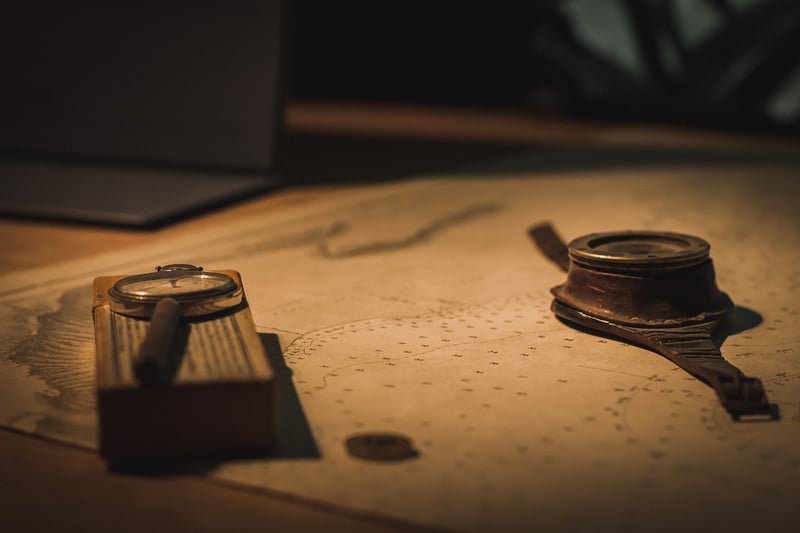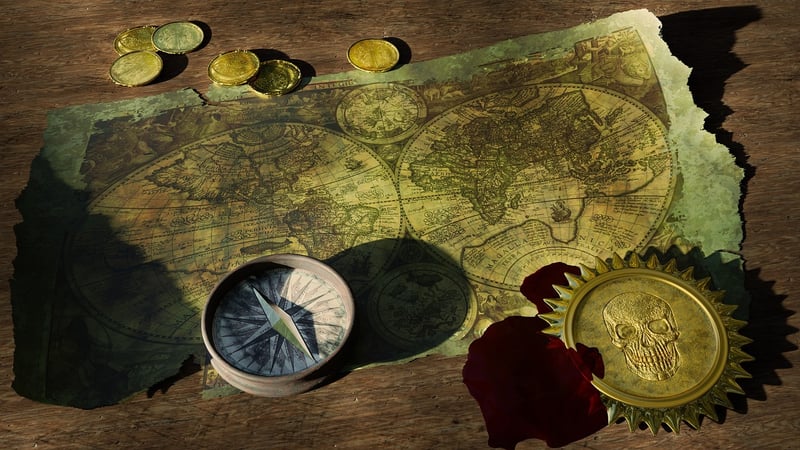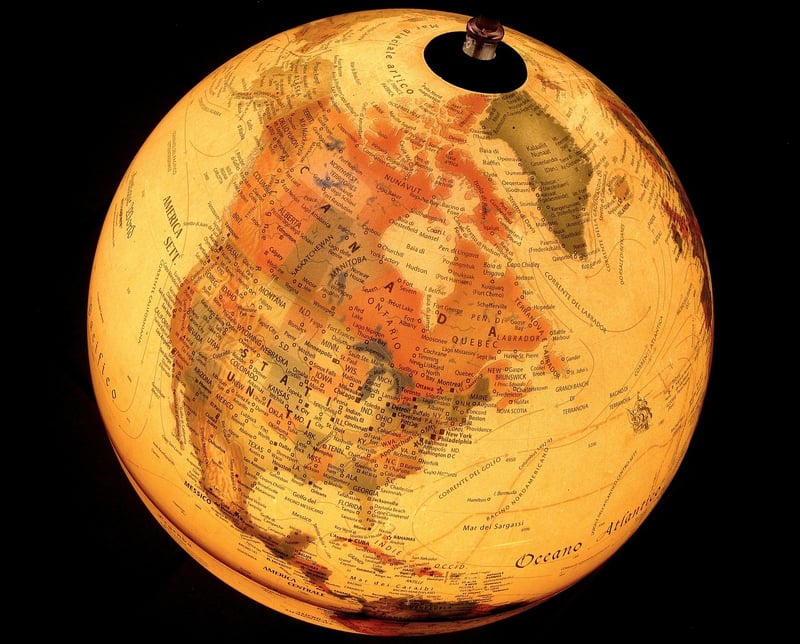Future Exploration
Exploring Different Eras and Future Exploration
Introduction
Exploration has been a fundamental aspect of human history, driving us to discover new lands, cultures, and technologies. From ancient times to the present day, each era has witnessed remarkable exploratory endeavors that have shaped our world. In this article, we will delve into the exploration of different eras and ponder the possibilities of future exploration.
Ancient Exploration
Ancient civilizations like the Egyptians, Phoenicians, Greeks, and Romans were pioneers of exploration. They navigated the seas, established trade routes, and expanded their empires. The exploration of the ancient world paved the way for cultural exchange and the spread of knowledge.
Image of Ancient Exploration:

Age of Discovery
The Age of Discovery in the 15th to 17th centuries marked a significant period of exploration. Explorers like Christopher Columbus, Vasco da Gama, and Ferdinand Magellan embarked on voyages that led to the discovery of new continents and the establishment of global trade networks.
Image of Age of Discovery:

Space Exploration
In the 20th century, humanity set its sights beyond Earth with the advent of space exploration. Milestones such as the Moon landing, Mars rover missions, and the International Space Station have expanded our understanding of the cosmos and our place in it.
Image of Space Exploration:

Future Exploration
The future of exploration holds immense potential with advancements in technology. From deep-sea exploration to Mars colonization and beyond, humans are poised to unravel new frontiers and push the boundaries of knowledge and discovery.
Image of Future Exploration:

Conclusion
Exploration has always been a driving force for progress and innovation. By reflecting on the exploratory achievements of the past and embracing the possibilities of the future, we can continue to expand our horizons and unlock the mysteries of the universe.
Let's continue to explore, discover, and dream of what lies beyond!
